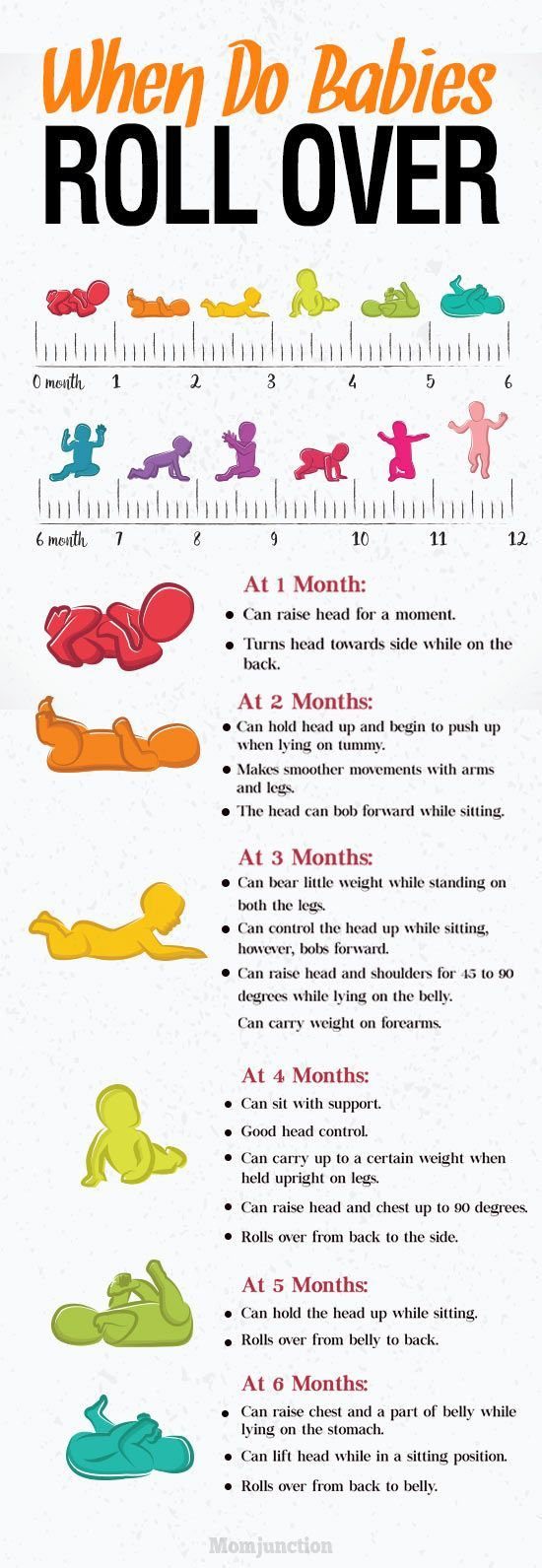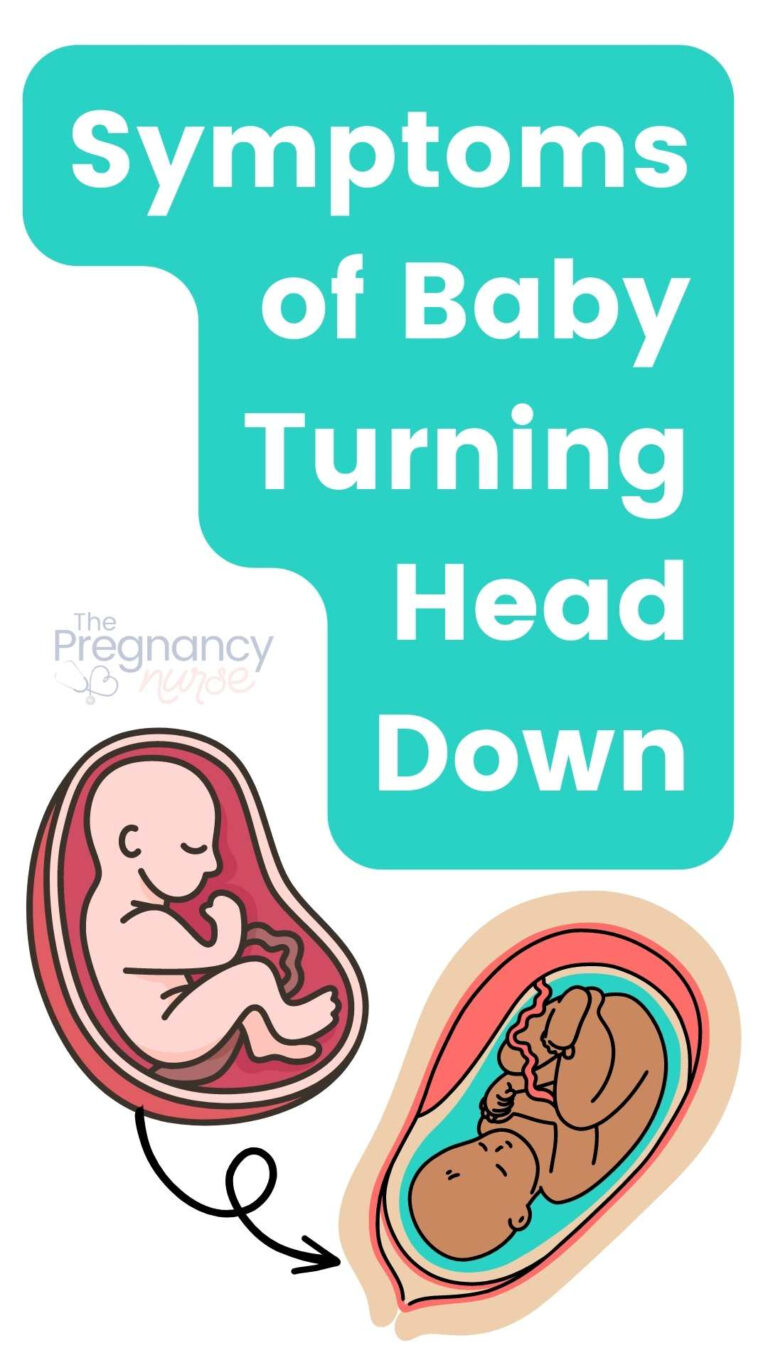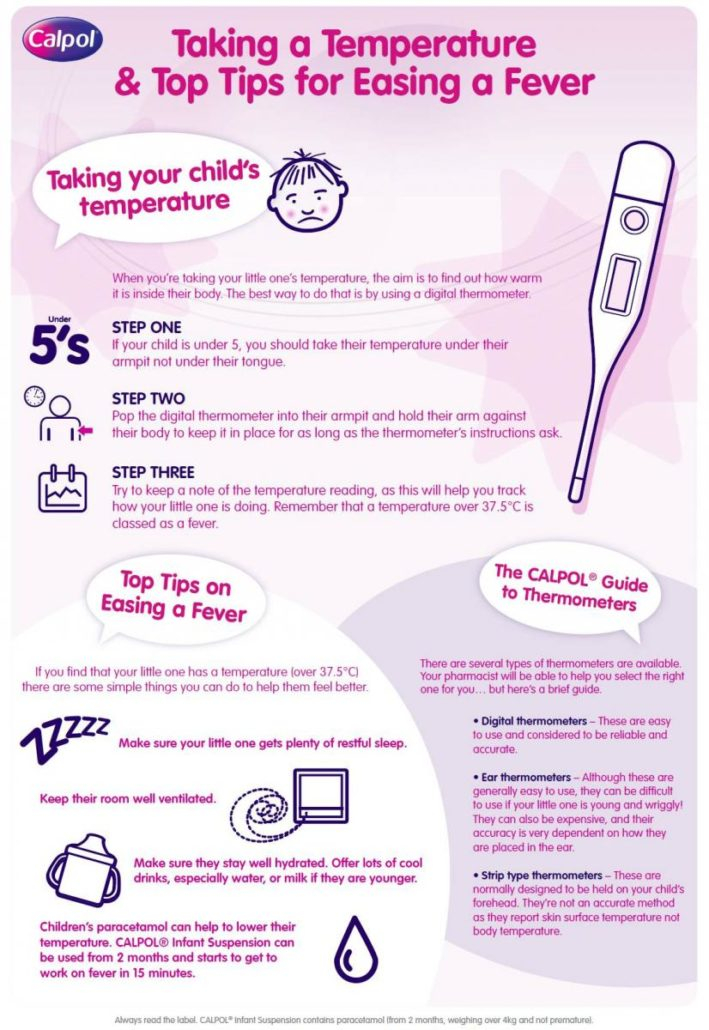What Age Should A Baby Roll Over
As parents, we are always eager to witness our baby’s developmental milestones. One of the exciting moments is when a baby learns to roll over. It signifies progress in their physical abilities and cognitive development. But what age should a baby roll over? Let’s delve into this topic and explore the details.
Knowledge
Rolling over is a significant milestone in a baby’s development. It typically occurs between the ages of 4 to 6 months. However, every baby is unique, and some may achieve this milestone earlier or later. The process of rolling over involves a combination of muscle strength, coordination, balance, and motivation.
Before a baby rolls over, they will exhibit signs of readiness. These signs include good head control, pushing up on their arms when lying on their tummy, and showing interest in their surroundings. These actions indicate that the baby is building the necessary strength and coordination to roll over.
Parents can encourage their baby to roll over by providing tummy time. Placing the baby on their tummy helps strengthen their neck, back, and arm muscles, essential for rolling over. Additionally, using toys or objects to motivate the baby to reach and grab can also stimulate the desire to roll over.
If a baby does not roll over by 6 months, it may indicate a developmental delay. In such cases, it is essential to consult with a pediatrician to assess the baby’s overall development and address any concerns. Early intervention can help address any underlying issues and support the baby’s progress.
Conclusion
In conclusion, the age at which a baby rolls over can vary, but typically occurs between 4 to 6 months. It is a significant milestone that showcases the baby’s physical and cognitive development. By understanding the signs of readiness, encouraging tummy time, and addressing any developmental delays, parents can support their baby’s journey to rolling over.
Overall, this article is beneficial for parents and caregivers who want to track their baby’s developmental milestones and ensure they are on the right path. By being aware of the age at which a baby should roll over and taking proactive steps to support their development, parents can create a nurturing environment for their little ones to thrive.






